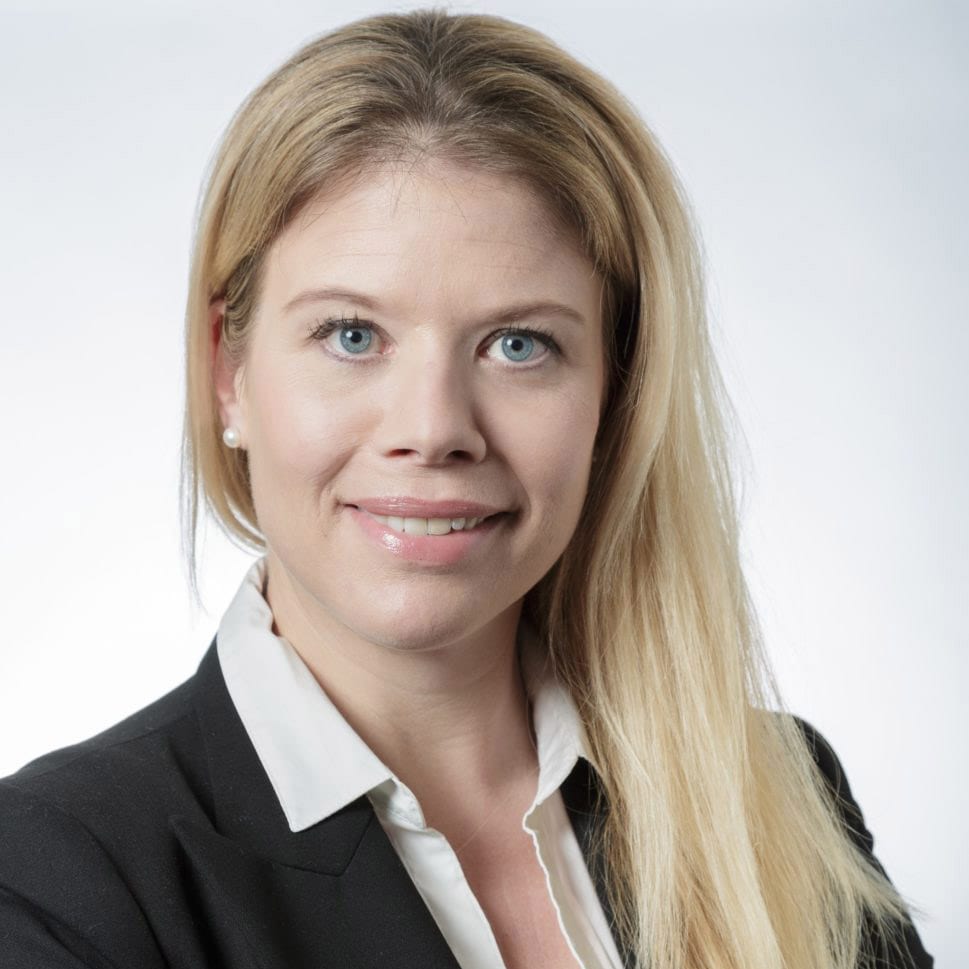
The “Why” of Sustainable Development is relatively easy to understand. We have only one planet, natural resources are not infinite, and we cannot afford to deplete them.
The “What” is also relatively straightforward, particularly in the UN’s classical definition: sustainable development is a “development that meets the needs of the present without compromising the ability of future generations to meet their own needs.*”
Things are trickier when it comes to the “How” of Sustainable Development. Environmental, social and economic dimensions need to reach some kind of balance.
Therefore, we consider Sustainability as a “Meta” Megatrend because it has and will have an influence on all industries through the current or future Megatrends that can be observed or predicted.
Megatrends can be identified most commonly on the social, economic, technological, environmental, energetical, or infrastructural level. Among them are the trends towards urbanization and Megacities, smart cities, robotics, global power generation, zero-emission technologies, the shift in economic power towards emerging and developing economies, etc.
To be in a continuous process of “thinking” Sustainability, BSL has partnered with EPFL in 2020. Together, they will hold an annual symposium on Societal Transition Pathways, open to the researchers of both institutions and guest researchers from public or private institutions who work on Sustainability related topics. (EPFL-BSL annual Symposium on Societal Transition Pathways).
Prof. Sascha Nick, currently a researcher at EPFL and a Faculty of BSL teaching sustainability, leads this Symposium.
The Symposium has been created with a clear vision: defining the characteristics of a society capable of “restoring biodiversity and ecosystem services and satisfying the fundamental human needs of almost all humans by 2045”. The Symposium will be defining its visions of a promising future and focusing on the common pathways of any successful transition, working on Energy transitions, Food transitions, Acceptance, Governance, Ethics, and Narratives.
* Brundtland Commission: “Our Common Future: Report of the World Commission on Environment and Development.” UN Documents, 1987.

Cover Photo by Albie Patacsil on Unsplash
